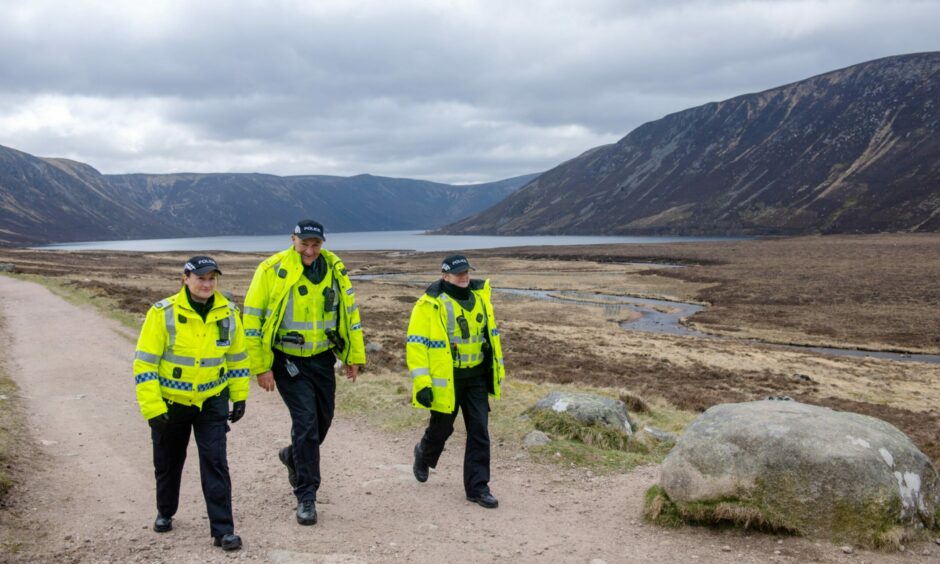
When Covid restrictions eased, Scotland’s spectacular beauty spots were overwhelmed.
Thousands upon thousands of people who had spent months stuck inside were finally free to reconnect with the great outdoors.
Although the vast majority of people behaved responsibly, unfortunately a significant minority did anything but.
Big problems with dirty camping, littering, wildfires and dangerous parking caused havoc in our most popular places — placing huge stress on already-struggling emergency services like police and fire crews.
Thankfully, lockdowns are now behind us.
But in our wild places these problems still persist, especially in warmer weather.
Here’s how the police will be working to crack down on the irresponsible few, so they won’t ruin nature for everyone else, this summer in Aberdeenshire.
Police inspector suspects cost of living crisis could be contributing to persistent problems
Inspector Claire Smith is helping lead the response to bad behaviour in Deeside this coming summer.
She and her fellow police officers will be taking on joint patrols with ranger services at some of the region’s busiest spots, like Loch Muick near Ballater, to make sure troublemakers are dealt with robustly.
They will be tackling issues like dirty camping, anti-social drinking, littering, disturbing wildlife and parking where it’s not allowed.
“It’s still a problem”, says Claire.
“I think with the cost of living crisis, people are staying more local and taking advantage of the countryside, but perhaps not behaving in a manner that they should.”
‘We’re looking to educate more than criminalise’
On these patrols this summer, the police will be focusing their efforts on educating people about how to act responsibly in nature, by following the Scottish Outdoor Access Code.
This means no giant party camps and raging campfires, no littering, and having a respect for the rural environment and the communities who live there.
Claire says: “In terms of our patrols we’ll be doing with rangers over the summer, we’re looking to educate people more than criminalise them.
“A lot of people won’t be aware of the impact they’re having on the local environment, or indeed on the local people who live and work in the area.
“So we want to highlight the impact of their behaviour, and offer them some advice so they can improve it, so everyone can enjoy the countryside and it’s not ruined by the few.”
She adds: “The majority of visitors are responsible and behave appropriately, and they’re just here to enjoy the countryside.
“We do want people to get out and about, and enjoy what’s on their doorstep.”
Rare birdlife put at risk by irresponsible kayakers and paddleboarders
Aside from making the great outdoors unpleasant for human visitors, irresponsible behaviour in nature can pose serious problems for the wildlife that calls our countryside home.
An unfortunate example of this was in 2021 at Loch Kinord, at the Muir of Dinnet National Nature Reserve (NNR), where careless people on the water caused major concerns for red-listed goldeneye ducks.
Kirstin Mair, reserve manager for the NNR, says there was a “post-lockdown surge in people using stand-up paddleboards and kayaks”.
On some of the busiest days in 2021, there were many as 30 people out on the loch — bad news for the birds who depend on it.
“A kayak or a paddleboard can cross water at a surprising speed,” says Kirstin.
“So you’d have birds who would be flushed from one area thinking, okay, I’m going to head down over there where it’s safe… only to find once they arrive that another kayaker has taken their supposedly safe spot.”
The Muir of Dinnet is a key site for the threatened goldeneye duck species, which makes any disturbances of them even worse.
In 2009 more than 54 ducklings were successfully hatched at Loch Kinord and nearby Loch Davan.
But due in part to disturbances from kayaking, paddleboarding humans, only one single breeding goldeneye was present in 2021.
It resulted in the NNR asking people to stop going on the loch during breeding season from March 1 to August 31, and as a result, last year Kirsten says there were five breeding goldeneye.
Out-of-control dogs cause needless distress for starving deer, and risks to ground-nesting birds
Another major problem for countryside rangers is making sure dog walkers properly control their pets around wildlife.
Glyn Jones, head ranger of the Balmoral Estate, says out-of-control dogs have been a particularly frustrating threat to deer and other animals around Loch Muick.
On a recent bank holiday weekend, he explained his service had to deal with reports of dogs chasing down panicking deer through areas with ground-nesting birds.
“These poor stags are at their lowest ebb,” he says.
“The grass hasn’t started growing here yet, they’re close to starvation, and being chased by dogs make them expend a lot of energy.
“At this time of year, people really need to keep dogs under close control.”
He adds: “In the forest we have capercaillie, elsewhere we have lapwing, curlew, snipe, and they’re all in decline.
“If folk keep their dogs on the path close to them, then that’s fine.
“But when dogs start running around, then birds will come off their nests, other predators will see the nests are unguarded, and come straight for the eggs.”
Glyn says he always encourages the public to follow the advice on signs present in most busy beauty spots, encouraging people to follow the outdoor access code.
He says “If you’re driving your car and go the wrong way down a one-way road, and you tell the policeman you didn’t see the sign, it’s not really a good excuse is it?
“And it’s the same in the countryside, look at the signs.
“If they ask you to keep your dog under control, there’s a good reason for that.”
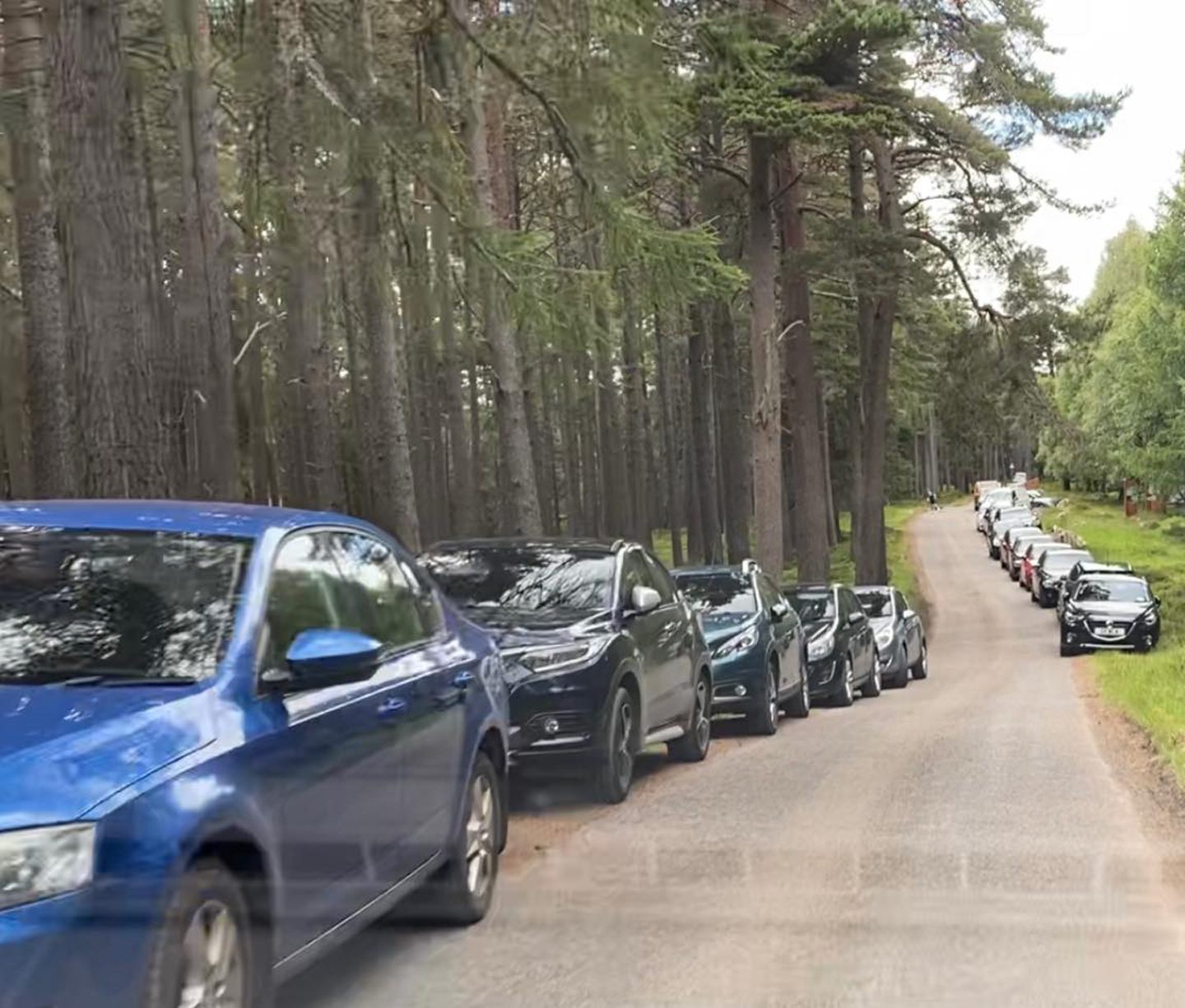
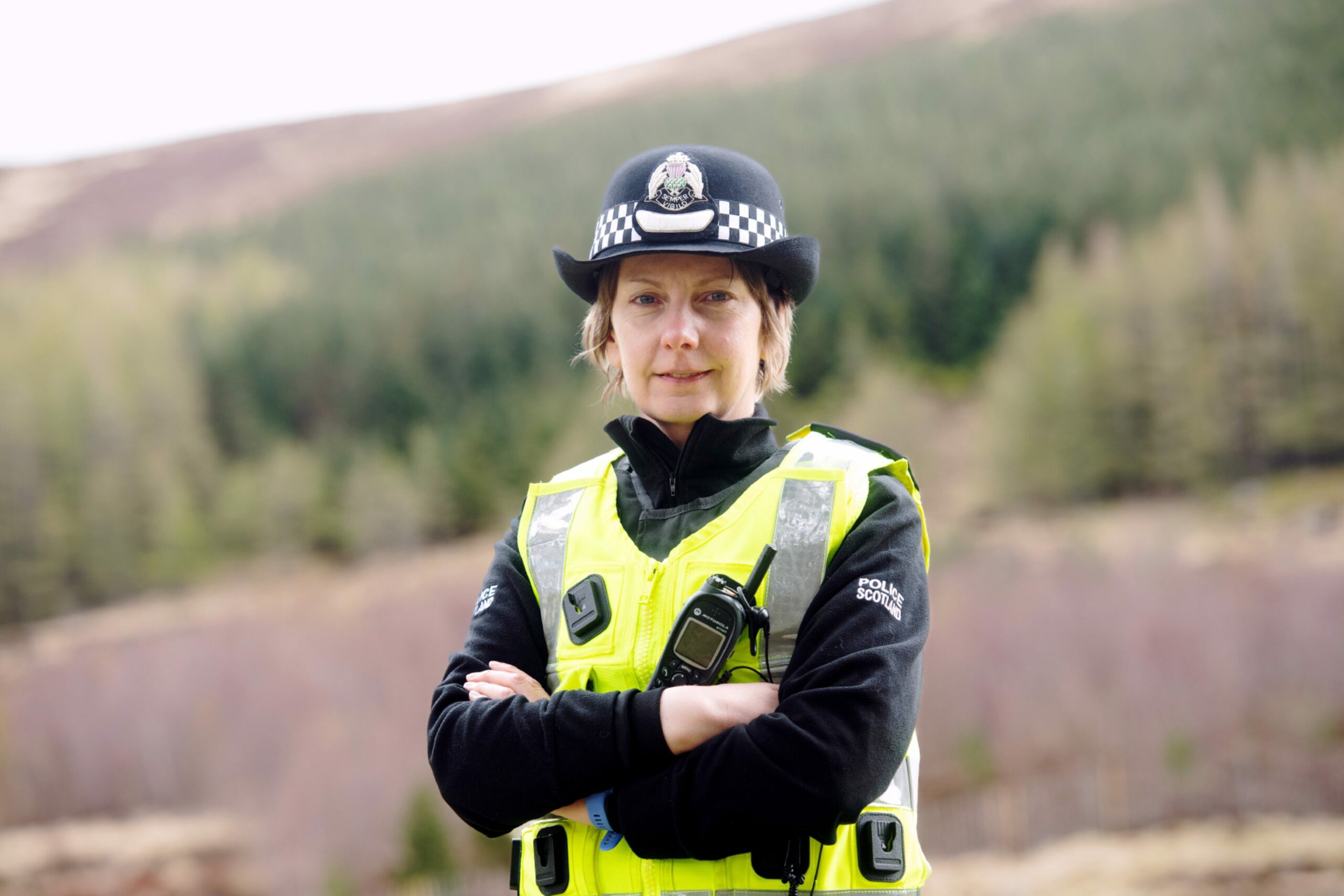
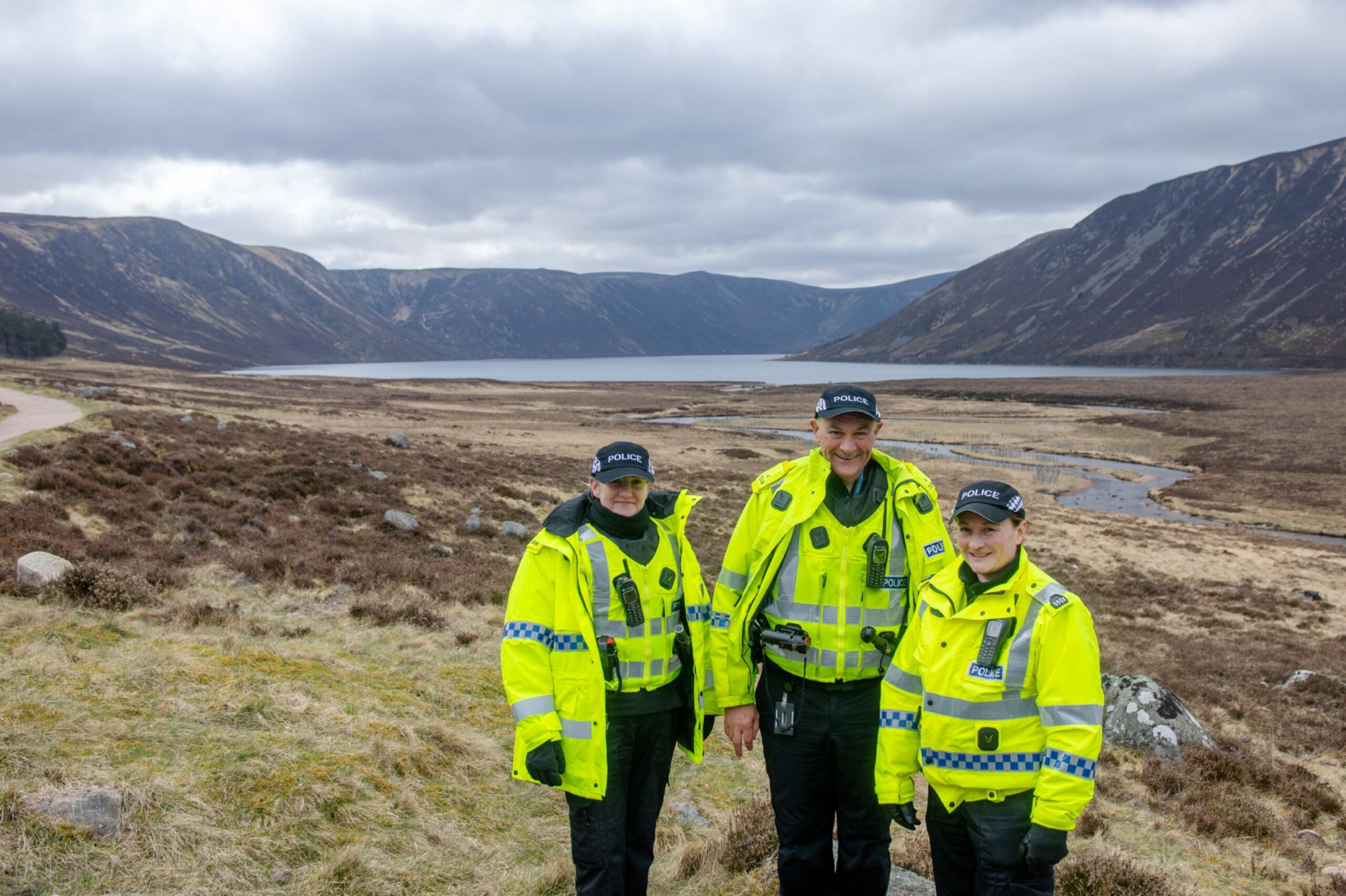
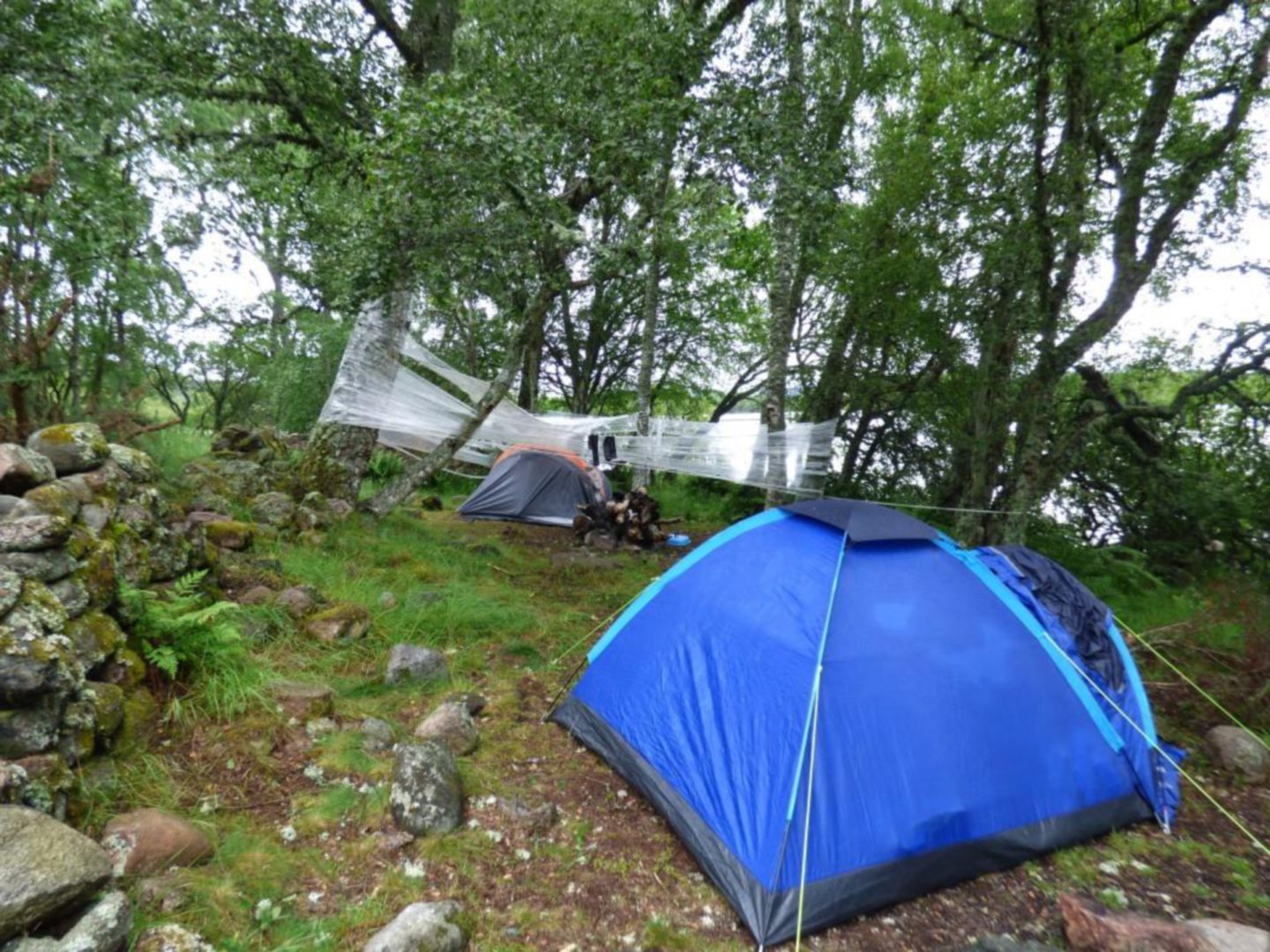



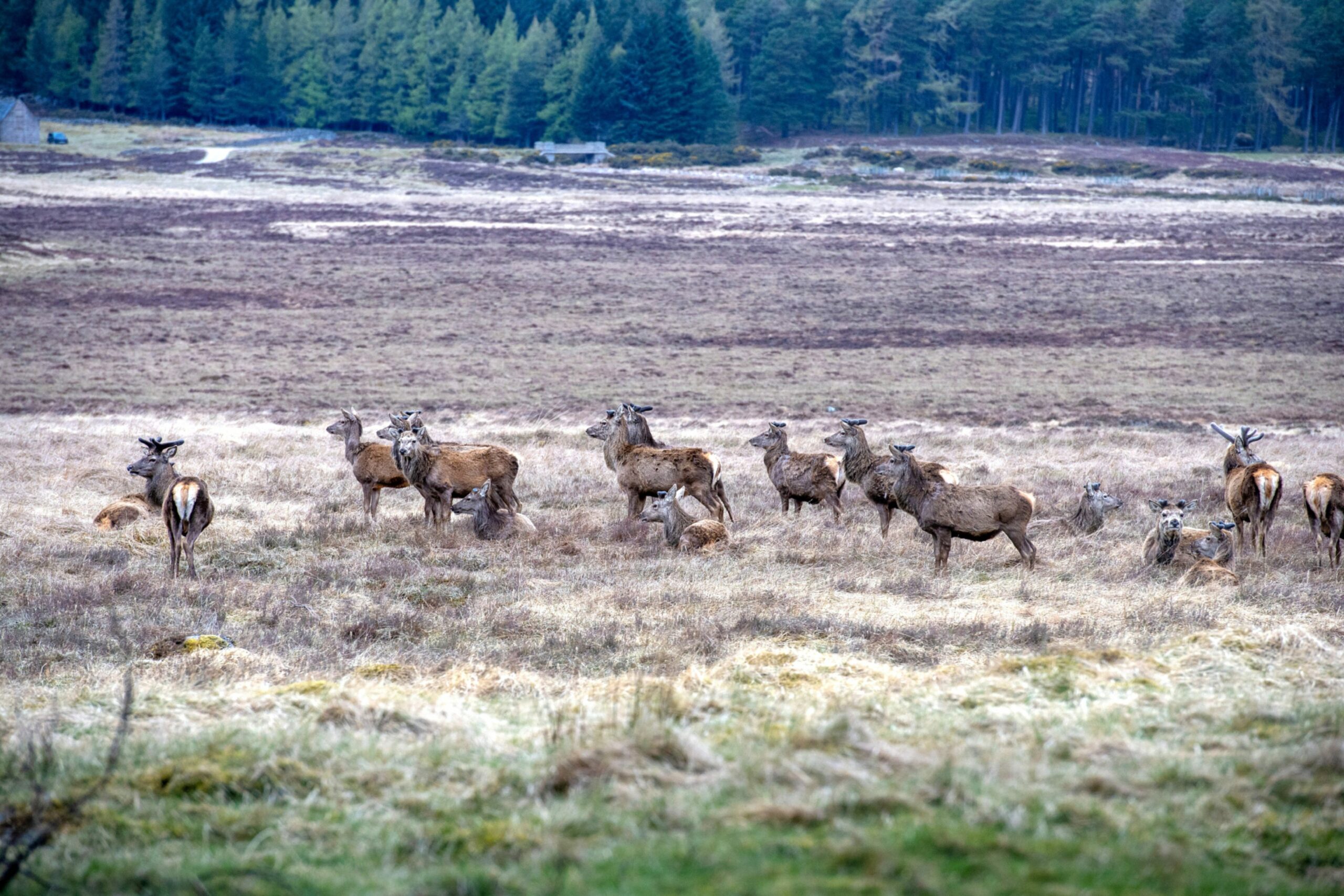
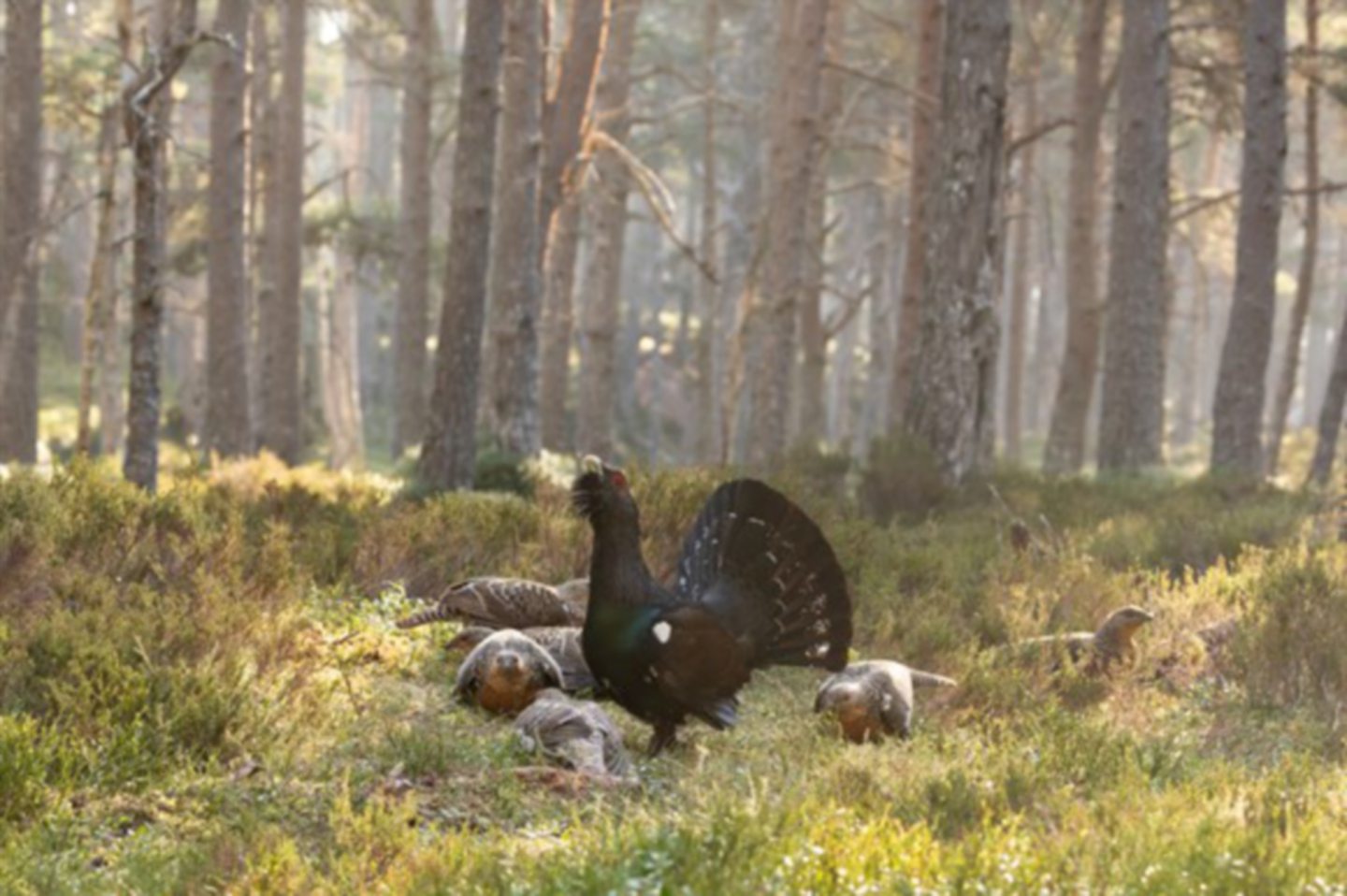

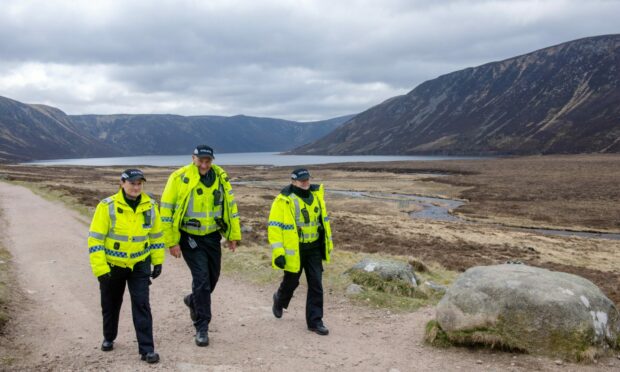
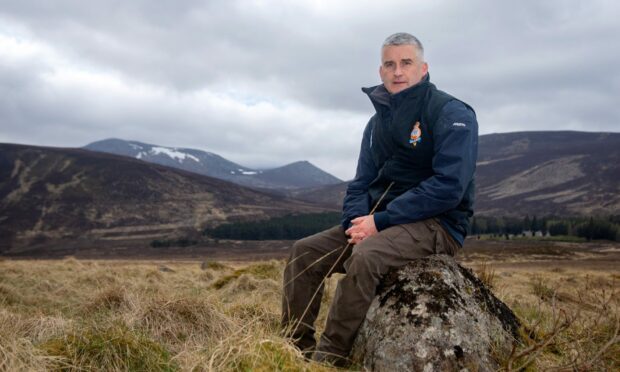
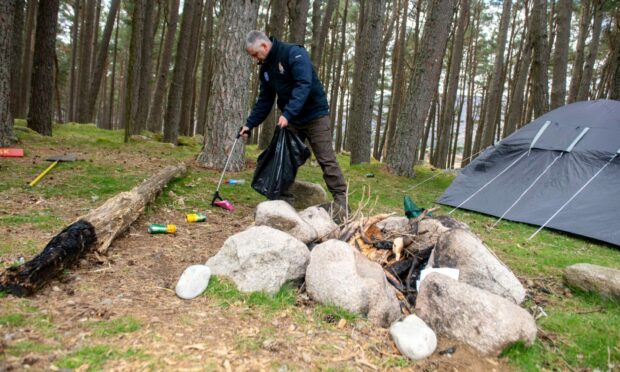
Conversation